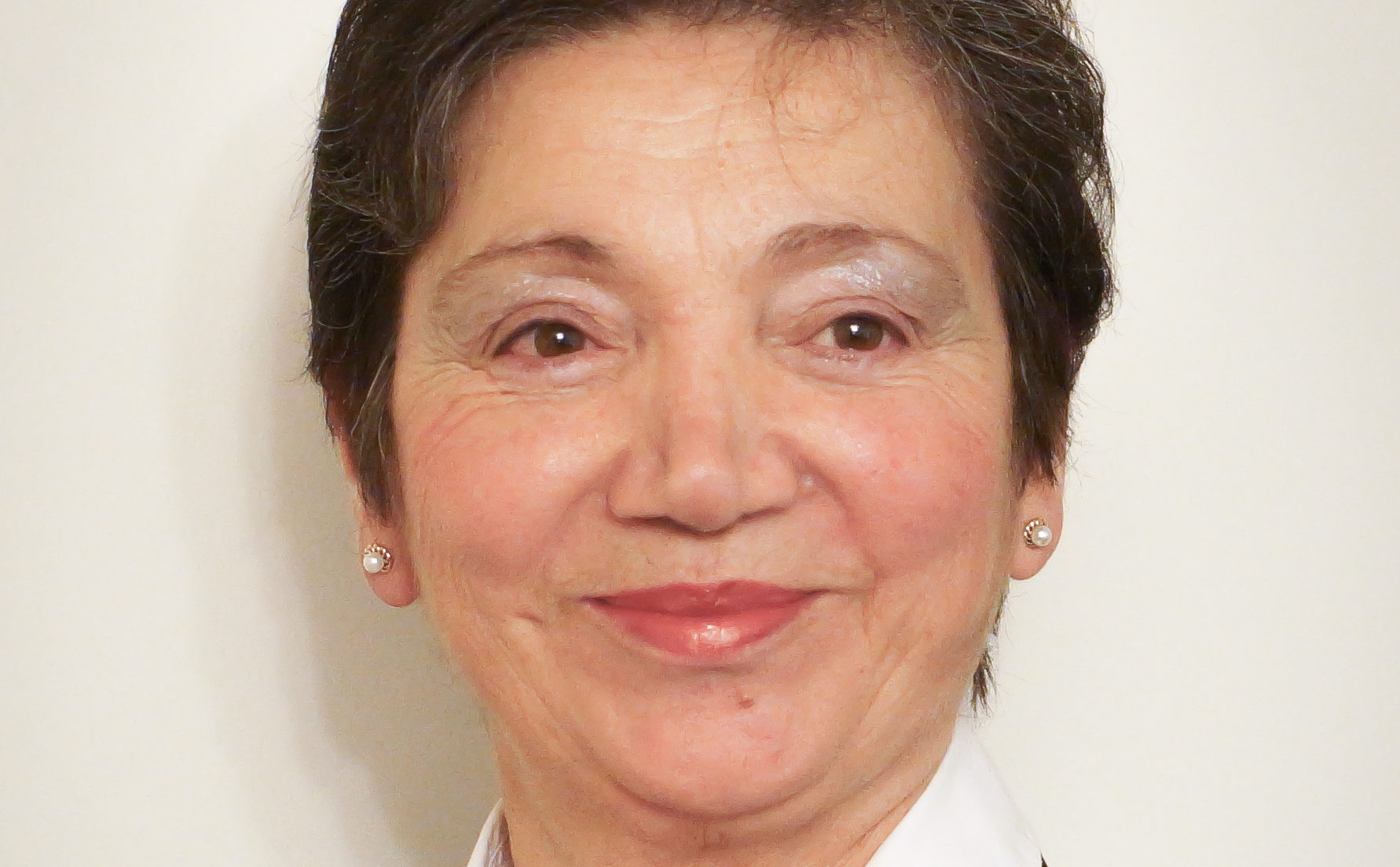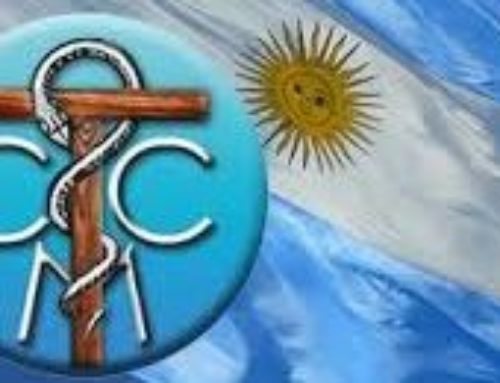Anne Lastman
“What’s a soul? What’s a spirit? Are they the same thing interchangeably used? Why is it so confusing?” My explanation is not for theologians, mystics or even very holy people but an explanation which comes for and from persons who have suffered and who need to understand. This question is also regularly asked by individuals who have turned towards God because of their suffering and try to find the way back. A fear still remains because “of my sin and my soul is stained and I won’t be wanted” A fear that “my Spirit can’t ever enter heaven as my sin is too awful.”
As can be seen, this speaker used the words “soul” and “spirit” interchangeably without the realisation of this fact.
Explaining that both Spirit and Soul exist outside of time and space and each have a different function within each human being (including aborted babies) and God never reneges or takes back what he gives.
There is a powerful interaction and communication between soul and the human being’s personality. The soul helps to develop and grow the human’s personality into whom it will become. The soul, is immaterial, but very real. The soul records every thought, moment, action, belief during the individual’s life. It’s not an emotion like love, fear, anger, even awe but, like these, it’s real and there’s a sacredness about it. It’s also believed that the soul retains a memory or echo of its home in eternity which it longs to return to.
The human soul is like a seed within a seed from instant of conception of a new human life. A separate seed. Which forms the soul within a body to grow together with the seen of the body until the end of life and then separate. The soul is the principle “I” The human body is made of elements of the earth and totally human but the soul is created by divine matter. The body is our visible, tangible, mortal aspect whilst the soul is the invisible and transcends the physical body.
The soul, like the body, is the principle which experiences the world and imprints all actions, thoughts, experiences that the individual has lived from conception to death. The soul is the eternal stenographer whist the spirit is the divine speaker.
It’s also possible to see that the soul is complete at conception and does not need to grow as the human body grows but to record life’s experiences. The soul is a mystery and will always remain a mystery no matter how many attempts are made to explain it, a mystery always remains a mystery and words fall short because human words are used to explain what is unexplainable. Similar to St Paul in Corinthians (12:1-10) when he tried to describe the indescribable.
The seed of the soul is intimately attached to the body and becomes invisible, hidden by the “Garment of Skin” (Gen3:21) after sin. At death the body returns to ground from which it was created (Gen 3:19) and the soul separates to return to its original home and brings with it the marks and scars of its earthly home, the body, which it accompanied through life.
Perhaps we can liken it to the body of Jesus which was changed at the Resurrection. It looked the same, spoke the same, behaved the same but there was something different about it even his own disciples didn’t recognise him. He had a body which would never die again but was important, because when He left to return to His Father’s house, He carried with him the body with marks/scars of his earthly life and suffering now gloriously cleansed and shining and free from pain.
And so, the soul of a human being returns to the heavenly court and stands before the Father and Son, having now removed the garment of skin stands there in its entirety including the scars it has brought back. At this point we can be reminded of the words of the “Good Samaritan “(Lk10: 25-37) the words spoken to innkeeper “look after him. And when I return, I will reimburse you for any extra expense you may have” Jesus who came to redeem all will make up for the scars incurred. With His own scars.
It could be possible to see that the soul is the divine “Ledger” who records the life of the individual with all its pains, sorrow, joys, moments of divine awe.
I have spoken much about the soul and now spirit as previously states whilst the spirit and soul are generally used interchangeably, they are different and separate Holy entities each with a different task in both the creation and the maintenance of the human creation.
While the soul is created at conception and imprints the human being’s life’s experiences, the spirit’s work is to vivify that same creation. The Ruach, the breath of God, His role is to be life giver. Moreover, the work of the spirit is not only to maintain life but importantly the supernatural life of grace. The work of grace is attributed to the Holy Spirit because the Holy Spirit is assigned the work of life and the sanctification of the creature. The Holy Spirit is that divine being who creates unity and makes divine life to overflow.
This spirit dwells within the new creation and makes the creation a child of God and establishes within him/her the image of Jesus. This indwelling becomes for the creation a principle of love, holiness and sanctification.
The Holy Spirit unites the human spirit of the being to Jesus and in this way secures the unity of His body (Romans 5:5).
According to St Augustine the Spirit is best seen as a gift and love.
The Holy Spirit is love because he is both the gift and the giver. He is the Father’s gift and within this gift God gives all of Himself. The Giver and the gift are same (Karl Rahner)
.
Walter Kasper speaks of the Holy Spirit as the “ecstasy of God” the overflow of love and grace and Fulton Sheen spoke of the Holy Spirit as the deep sigh of God on looking at His Son and seeing such beauty reflected back to Him. So beautiful was the sight that He could utter no words, just a deep sigh.
The spirit is proclaimed as being the Giver of Life we and first meet Him when He breathes over the waters at the beginning of creation. it’s a new beginning in relation to the original beginning of God’s self-giving in creation (Dominum Vivificantem 3) bringing order to chaos (Gen 1:1-3). He breathed again over the apostles giving them authority to forgive sins and bring order out of the chaos, which is sin and loss of friendship with God (John 20:20-23)
Openness to life if not something added to the sexual act but it’s the very essence of the act which accepts life as its gift. The most intimate act of two human beings opens the gateway to a gift being given through the act, and that gift is Life. God merged intimacy, life and love together because they are intertwined, they belong together. One without the other is empty.
Today we live in a culture where the body is seen more and more as a physical entity only, thus losing sight of the inseparable bond of the body with the soul and the spirit and indeed we are seeing the uncoupling of the body from the spirit and thus we see the degradation of the human body by the separation of the body from the Spirit.
Indeed, the Ruach (breath of God-spirit) which animates every human being is also the principle which intimately unites every person to God because every human being conceived has been given the breath of God, the spirit, thus leading to a continuation of the breath of God-forming a chain which links humanity to each other and to our God. This attachment (link) will remain in place until the end of time. It’s in fact the Spirit which established the communion between the creation and God and welds these together.
The holy spirit is the spirit of truth (see Jn.14:17; 16:13).and he enables us not only to understand truth, but to see the meaning and purpose of created realities. The spirit enables us to understand creation in all its dimensions.
In the formula of absolution, we hear the consoling words, “God the Father of mercies has sent the Holy Spirit among us for the forgiveness of sins.” “He (the Father) will give you another Comforter,” the Lord Jesus promised (Jn.14:16). The Comforter is one who pleads our cause before the father, who intercedes for us, who reconciles us, who gives us the hope that we can indeed repent of our sins, overcome them, and find forgiveness in the midst of our struggles.
The Holy Spirit is teacher (in my work I help the girls to meet and fall in love with their baby and God.) The holy spirit is the energy which does this. He is consoler of pain and comforter. He is attentive to the voice of pain. He enkindles love within our hearts so that we can learn to love again and recover. The Spirit is the action of God.
The work of God’s Spirit is the work of healing and restoration of the person to origins of original beauty.
He breathed on Adam and Adam began to live.
We first encounter the breath of God in Genesis (2:7, Job 27:3, Job 33:4, Daniel 5:23) until He breathes into the shaped human it remained inanimate, lifeless. it was the breath of God which animated the new creation. The new human being. It was this breath that made the human being who is composed of water, proteins, carbons, oxygen, carbon et al into something entirely different. The chemical reaction which that “breath” brought about
changed the order completely from all the other created order.
This new order created in the (Image of God) was now different from all the other created beings. This “breath” set apart the last of the creations of God, and thus became a “friend” or even a companion for God. Though He had no need for others as he was complete in Himself, His Love so overflowed that it became imperative that a new creation would be formalised.
What is this breath of God which animates and brings into being a new life?
It’s a very interesting thing that the very first noise which is heard in creation is a breath, “and the spirit breathed over the order and it came to be” (Gen) and the very last thing that Jesus does during his last moments on earth is He breathed on them and said “receive the Holy Spirit whose sins you forgive they are forgiven and whose sins you retain they are retained. Again this “breath” of Jesus which empowers others to create or do something which is different and not possible before. The breath of God the Son empowers and Spirit’s orientation is always towards praise and glory. And then he let out his breath and died. His breath given at birth is now returned to the giver of the breath.
When we refuse to recognise the action of the Holy Spirit who is the source of all pardon, all Mercy, all grace, all healing, and attribute these works to earthly means we refuse His work. We could say that it was difficult to see God in the humble man of Nazareth (Jesus) because of His very human attributes and human ness but to refuse to see and acknowledge the works done by the Spirit of God is to sin against the Spirit of Life (Heb 6:4-6; 10:26-31) to refuse to see the spirit enervating Jesus is to refuse to see the work of God. Spirit means divine life, above all creation God is Spirit properly higher than creation. God is spirit and our spirit is the breath of God without which we cease to exist.
In a memorable talk by Archbishop Fulton Sheen, he said the Holy Spirit is the deep sigh of God. It’s that kind of sigh uttered when one is in love. God saw his creation of the man and woman and he breathed on them and the next sound was a sigh filled with love. This kind of expression which has no words to express is the expression of love and entrancement of the Father and the Son at the work of Lord and giver of life. Human creation. The spirit which puts God into ecstasy.
The Holy Spirit is at times depicted as a fire which all our sins, all the stains on our souls. he cleans our hearts making us able to receive Jesus into us. He cleanses the soul so that what was unclean is gone with only a scar to remains.
It’s beautiful to remember that at the Consecration during Holy Mass the exchange from the human body of priest where at his words the Holy Spirit changes that earthly food into the heavenly food, body blood soul and divinity of our Lord Jesus, and it’s the Spirit who continues to love and guide and protect the church which Jesus called into being.
The Holy Spirit is usually mentioned last in the Trinity, and some people wonder if this doesn’t imply inferiority: Not at all the placement of the three persons of the Trinity has nothing to do with their importance, but with the order or chronology in their functions: The Father created, the Son redeemed, and the Holy Spirit continues his work in this age of the Spirit (1Pet.1:2). In this way we pray to the Father through the Son and in the power of the Holy Spirit.
And finally, the Holy Spirit accompanies the human beings on their journey back to their Father, still carrying the signs and scars of the wounds of sin but not their sin for these have been extinguished by the blood of Jesus.
The response to the question are soul and Spirit same? the answer is no; both are holy but entirely different with different works of love and mercy. The soul is the essential “I” The invisible of every human. This is brought before the Trinity after separation from the body which returns to its source, dust, and the Spirit is the breath and divine companion through life’s journey who has led and purified that which has remained to make it holy.










